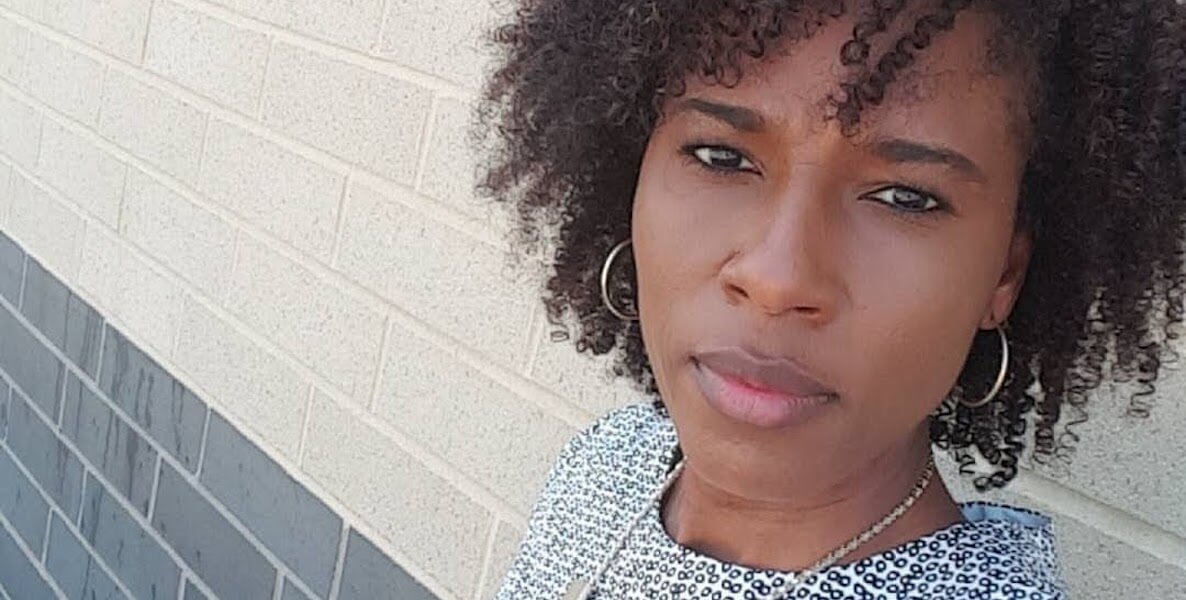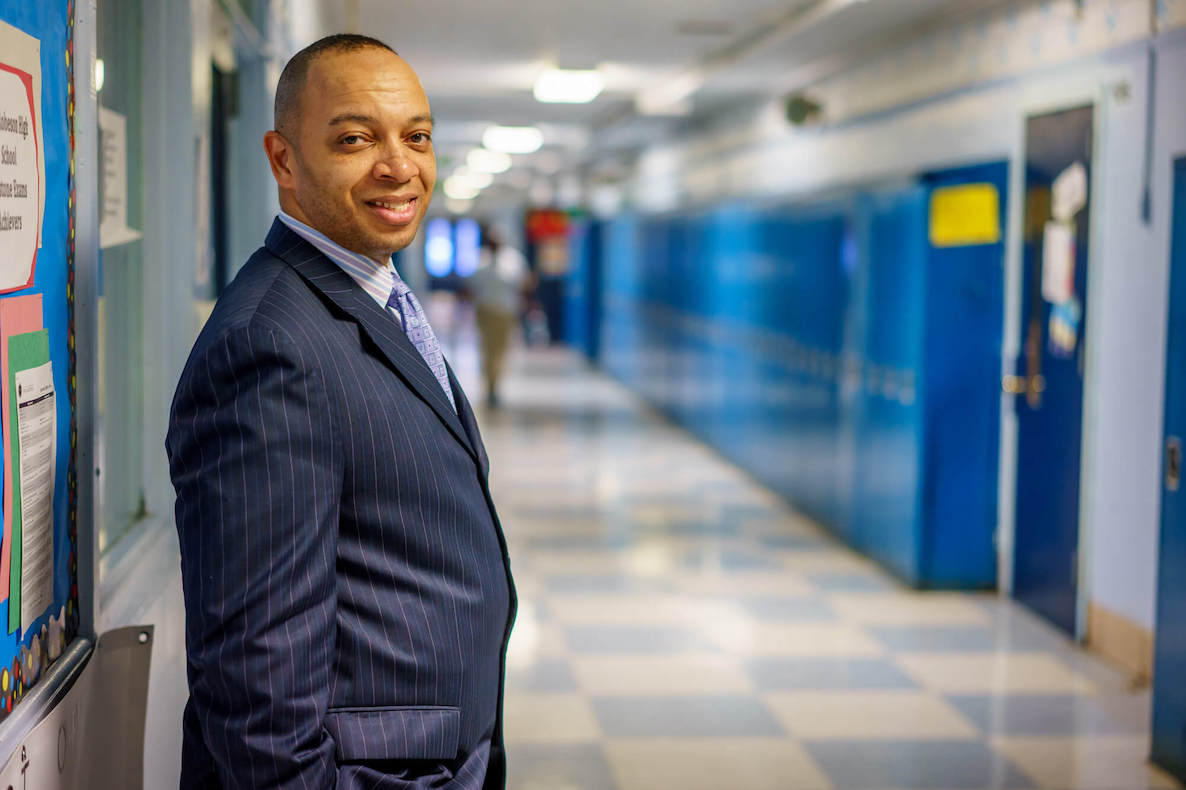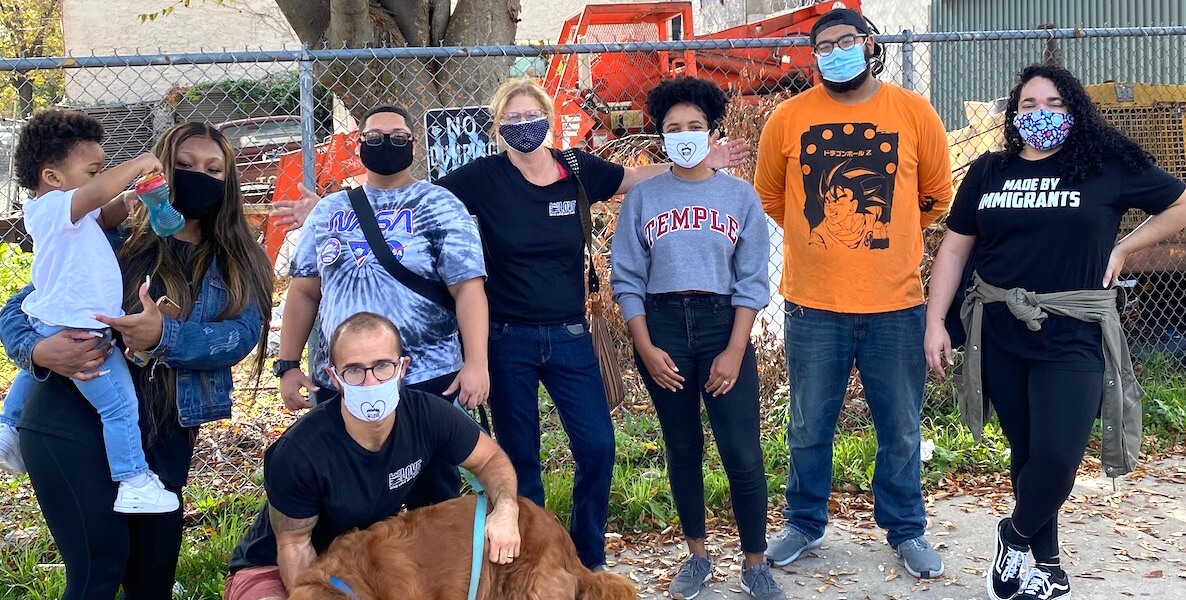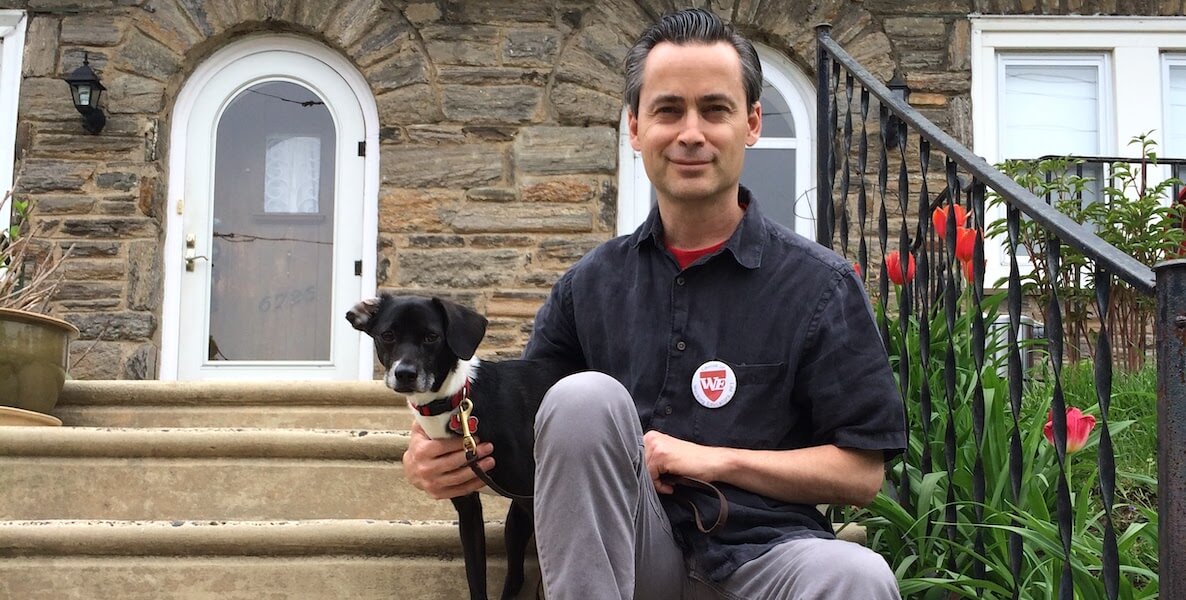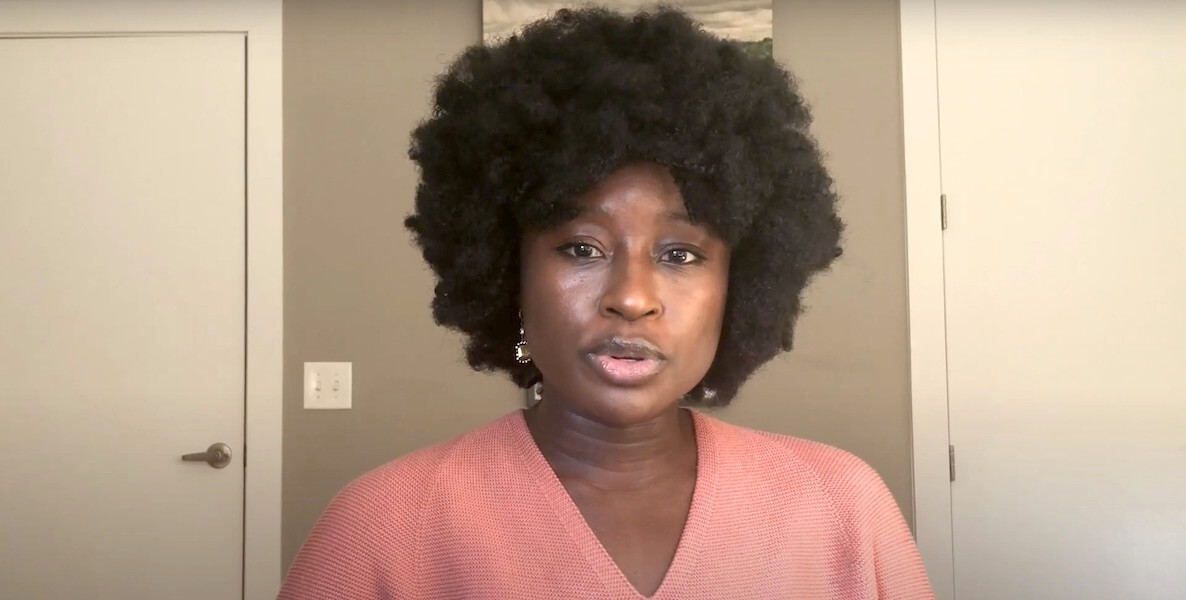This profile is one in a series of five, spotlighting the finalists of Integrity Icon Philadelphia, the first U.S. iteration of a global initiative to honor public servants who go above and beyond their job descriptions to uplift their communities in meaningful ways. Please read the other profiles here, then vote for your favorite Icon here.
Ruth Abaya knew for certain that she wanted to pursue a career in medicine after one particular incident as a high school student in Nigeria. “I had the opportunity to witness a child being born, and that sealed the deal for me,” she says. “I thought it was incredible.”
![]() After graduation, Abaya moved to Ohio for undergrad work, then went on to medical school at Northwestern University, where she was drawn to pediatrics early into her training, before heading to Boston for her residency.
After graduation, Abaya moved to Ohio for undergrad work, then went on to medical school at Northwestern University, where she was drawn to pediatrics early into her training, before heading to Boston for her residency.
But it was during subsequent training in Philadelphia when Abaya found her more specific calling, to pediatric trauma and gun violence prevention.
“A young man had come in [with gun wounds] twice, during my one month-long rotation in the ER. Thankfully he survived both times, but it just felt absolutely appalling to me that the system had failed this boy enough that it had happened to him once, and then happened to him again in such short order,” Abaya says.
That awakening fueled Abaya’s work with her mentor, Dr. Joel A. Fein, in what used to be the CHOP Violence Prevention Initiative and is now the Center for Violence Prevention.
“There’s an analogy in public health in which people say, ‘Medicine is pulling people out of the stream one by one, and public health is fixing the bridge so that they don’t fall in in the first place.’ And that’s what I felt was needed in the world of gun violence prevention,” she says.
Through her research, publications, and testimonies in front of various state committees, Abaya soon landed on the radar of Dr. Cheryl Bettigole, Director of the City’s Division of Chronic Disease and Injury Prevention; Bettigole tapped Abaya to be the program manager for the Injury Prevention Program at the Philadelphia Department of Public Health.
And that role subsequently opened the door for Abaya to simultaneously be named a Stoneleigh Fellow, through which she is now working on a project to create a registry of people who are injured by gun violence, tracking them to understand how well we as a city do in getting them the resources they need.
“The fundamental question we hope to be able to answer at the end of the Fellowship is: Of the more than 1,000 people who are shot by guns in Philadelphia, how many of them do we see coming through these systems, and can we say something about how they do as a result, in a way that will help us inform and scale [best practices]?” Abaya says.
“What is most striking to me is the difference between the reputation Philadelphia has, and the actual reality on the ground, which is that Philadelphians are a great deal of fun, and there’s so much opportunity and talent here,” Abaya says. “We deserve to live in a violence-free city.”
As Abaya speaks about her work, it’s hard not to wonder how she finds the fortitude to do it. It seems overwhelming, daunting, depressing. She credits her support system: her family, her faith community, her extensive roster of mentors.
(“I’m surrounded every day by people who are better than me—integrity is definitely a team sport,” she says. “I have to shout out my colleagues and mentors.”) And she says that, for her, shying away from the work would be more burdensome than not doing something.
![]() “As traumatizing as it is to wade in these events and these numbers every day, I think it’s more traumatizing to see this happening, to see it show up in my trauma bay,” she says. “In some ways, it feels restorative to try to get ahead of it before it’s happening, to stem the tide. It’s harder to see children shot by guns”—more than 100 have been shot this year alone—“than it is to try to prevent it.”
“As traumatizing as it is to wade in these events and these numbers every day, I think it’s more traumatizing to see this happening, to see it show up in my trauma bay,” she says. “In some ways, it feels restorative to try to get ahead of it before it’s happening, to stem the tide. It’s harder to see children shot by guns”—more than 100 have been shot this year alone—“than it is to try to prevent it.”
Abya’s commitment is further fueled by her love of Philly, and her lens as a mother.
Having lived in many places—Nigeria, Ohio, Chicago, Boston—Abaya says Philly is the city that feels most like home. “What is most striking to me is the difference between the reputation Philadelphia has, and the actual reality on the ground, which is that Philadelphians are a great deal of fun, and there’s so much opportunity and talent here,” she says. “We deserve to live in a violence-free city.”
She recalls the first day she took her 16-month old daughter to daycare.
“There had recently been a shooting at the park just a few blocks from the daycare, and the daycare provider and I had a conversation about what their plan was,” Abaya says. “I just remember thinking, Why on earth does my 16-month old need a plan for what would happen if there’s a shooting at her daycare? That’s unacceptable. It’s unacceptable as a pediatrician but there’s another level of unacceptability when you think about your child and the children of your friends and neighbors having to troubleshoot that.”
What she wants Philadelphia to know is that we don’t have to accept any of this. “This is not some inevitable thing,” she says. “In places that have fewer deaths and injuries, there are so many evidence-based policies in place.”
She says that citizens can and should call their lawmakers and hold them accountable in Harrisburg. But while we stay civically engaged, there’s more that we can all do, must do.
![]() “This may sound a little touchy-feely, but it’s the whole ‘love your neighbor’ thing,” she says. “Yes, there are policies that address driving down deaths and injuries, and handling firearms safely in our communities. But upstream of that, we need to focus on how do we actually create advantage and opportunity so that the drivers of violence are reduced? We must continue to work to strengthen our educational systems; increase economic opportunity; improve our built environment.”
“This may sound a little touchy-feely, but it’s the whole ‘love your neighbor’ thing,” she says. “Yes, there are policies that address driving down deaths and injuries, and handling firearms safely in our communities. But upstream of that, we need to focus on how do we actually create advantage and opportunity so that the drivers of violence are reduced? We must continue to work to strengthen our educational systems; increase economic opportunity; improve our built environment.”
She worries about all of the effects of gun violence that cannot be adequately measured. “Unfortunately, the things we can measure are not the only effects of gun violence. It’s very easy for us to count the people who are killed or shot. It’s harder to measure how many people struggle with PTSD as a result. It’s harder to measure the ripple effects that that has on their family, on their children, on their parents, on their ability to sustain employment or their subsequent exposure to addiction,” she says.
There are so many second- and third-order effects of gun violence, and even the data that researchers can access is an underrepresentation, since many people who struggle with symptoms of PTSD, for example, don’t seek help, or don’t know what they’re experiencing and that there’s help to be found.
“We can’t underestimate the fear that a lot of people feel, the disenfranchisement that they feel, and how that contributes to gun violence,” Abaya says.
Her work has the potential to bridge all of these concerns: to care for people in the ER, to determine what supports are most effective, to prevent gun violence from occurring, to change the culture of our city for good.
Wrapping up our interview, Abaya recalls a series of interviews that she and her colleagues in the CHOP emergency room did with young people, who said that if they wanted to, they could get guns.
“But none of these kids were interested in being macho or fighting. A lot of them just feel that the world is an unsafe place, and they need to be prepared for it, and guns are the tool that they have heard of and that other people have used,” Abaya says. “We can’t underestimate the fear that a lot of people feel, the disenfranchisement that they feel, and how that contributes to gun violence.”



